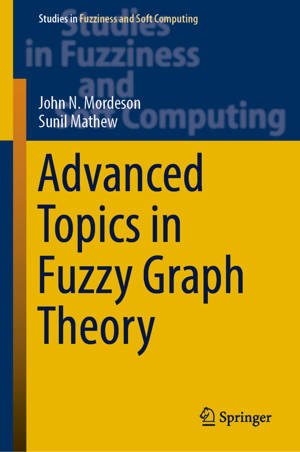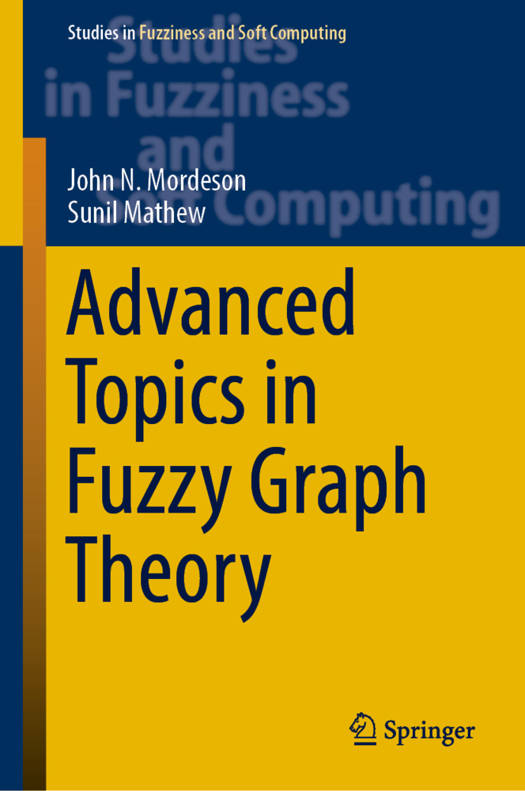
- Afhalen na 1 uur in een winkel met voorraad
- Gratis thuislevering in België vanaf € 30
- Ruim aanbod met 7 miljoen producten
- Afhalen na 1 uur in een winkel met voorraad
- Gratis thuislevering in België vanaf € 30
- Ruim aanbod met 7 miljoen producten
Zoeken
Omschrijving
This book builds on two recently published books by the same authors on fuzzy graph theory. Continuing in their tradition, it provides readers with an extensive set of tools for applying fuzzy mathematics and graph theory to social problems such as human trafficking and illegal immigration. Further, it especially focuses on advanced concepts such as connectivity and Wiener indices in fuzzy graphs, distance, operations on fuzzy graphs involving t-norms, and the application of dialectic synthesis in fuzzy graph theory. Each chapter also discusses a number of key, representative applications. Given its approach, the book provides readers with an authoritative, self-contained guide to - and at the same time an inspiring read on - the theory and modern applications of fuzzy graphs. For newcomers, the book also includes a brief introduction to fuzzy sets, fuzzy relations and fuzzy graphs.
Specificaties
Betrokkenen
- Auteur(s):
- Uitgeverij:
Inhoud
- Aantal bladzijden:
- 209
- Taal:
- Engels
- Reeks:
- Reeksnummer:
- nr. 375
Eigenschappen
- Productcode (EAN):
- 9783030042141
- Verschijningsdatum:
- 24/01/2019
- Uitvoering:
- Hardcover
- Formaat:
- Genaaid
- Afmetingen:
- 156 mm x 234 mm
- Gewicht:
- 498 g

Alleen bij Standaard Boekhandel
+ 335 punten op je klantenkaart van Standaard Boekhandel
Beoordelingen
We publiceren alleen reviews die voldoen aan de voorwaarden voor reviews. Bekijk onze voorwaarden voor reviews.







